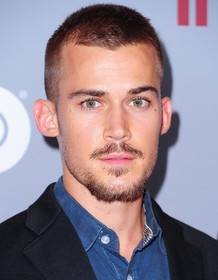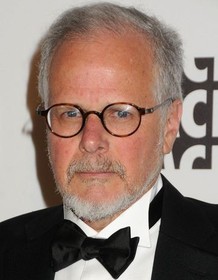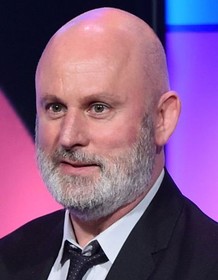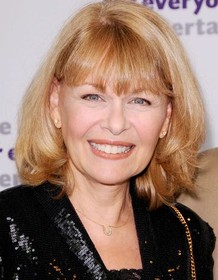Burton Lane
follow


Burton Lane produced music that was featured in many Hollywood productions. In 1933, he signed with Irving Berlin's music publishing company. In 1929, he teamed with lyricist Howard Dietz for the Broadway revue "Three's A Crowd." In 1947, he teamed with E.Y. "Yip" Harburg for the musical "Finan's Rainbow." He collaborated with Michael Feinstein on two albums in the early 1990s and accompanied him on piano. Lane began his entertainment career with his music featured in films like "She Married a Cop" (1939). He followed this honor with songs in "Thousands Cheer" (1944), the musical comedy "Give a Girl a Break" (1953) with Marge Champion and the Dean Martin sports comedy "Money From Home" (1953). He also appeared in the comedy adaptation "Jupiter's Darling" (1955) with Esther Williams. He was nominated for an Academy Award for "Babes on Broadway" in 1941. . Lane was nominated for a Music (Song) Academy Award for "Royal Wedding" in 1951. In the sixties and the eighties, Lane's music continued to appear on the silver screen, including in films like the Tony Randall adaptation "The Adventures of Huckleberry Finn" (1960), "Finian's Rainbow" (1968) with Fred Astaire and "On a Clear Day You Can See Forever" (1970) with Barbra Streisand. His work was also in the Sissy Spacek drama "Raggedy Man" (1981). Lane's music was also featured in the Robin Williams fantastical comedy "The Fisher King" (1991), the Albert Finney drama "Rich in Love" (1993) and "Excess Baggage" (1997). Lane was most recently credited in the comedy "Small Time Crooks" (2000) with Woody Allen. Lane passed away in January 1997 at the age of 85.
Create Post
Post

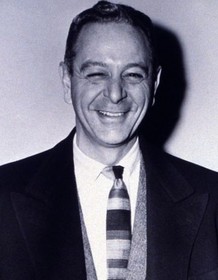
How much you willing to pay
If power lunch with Burton Lane
Sure


Bid for lunch


Date


